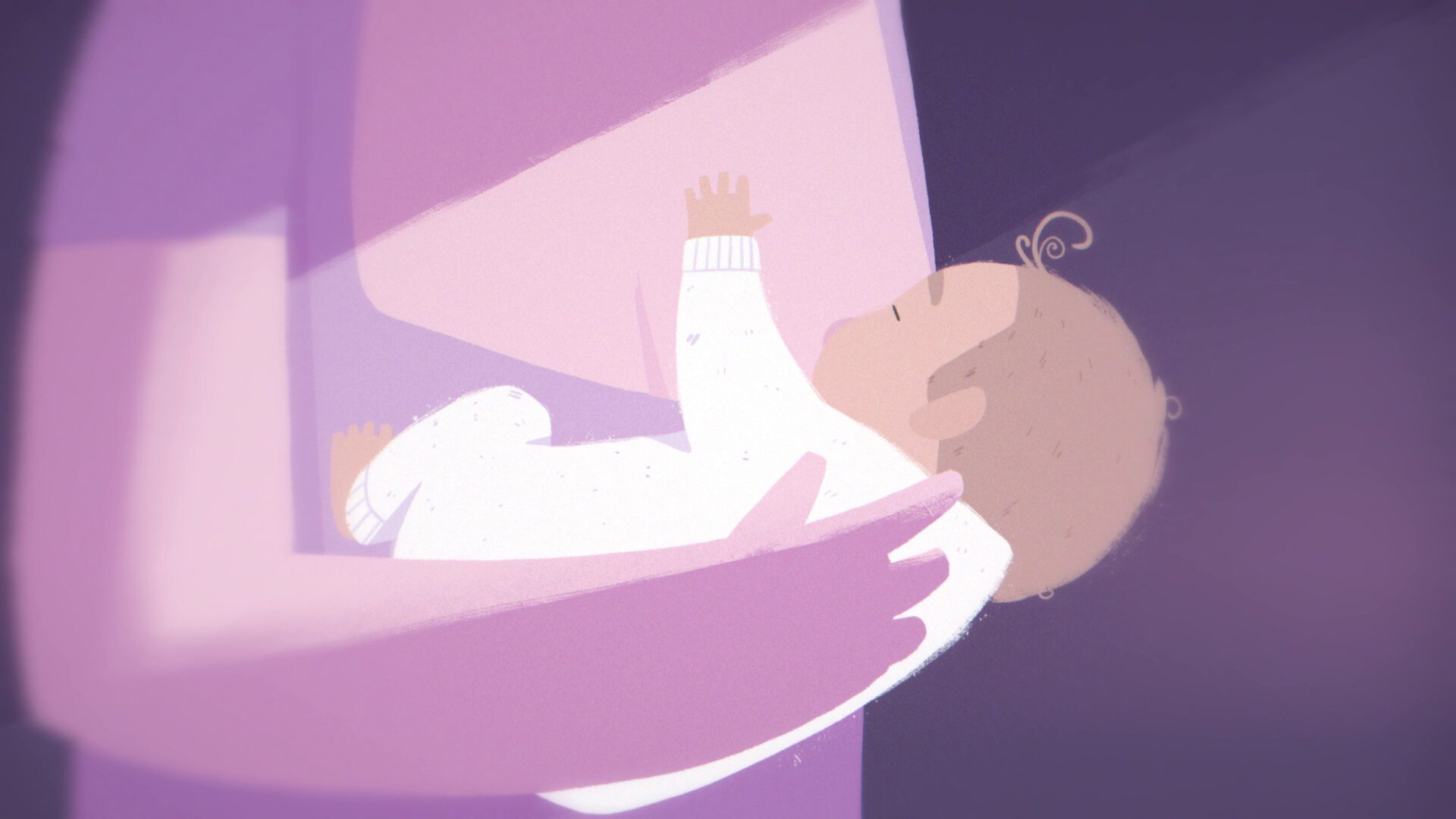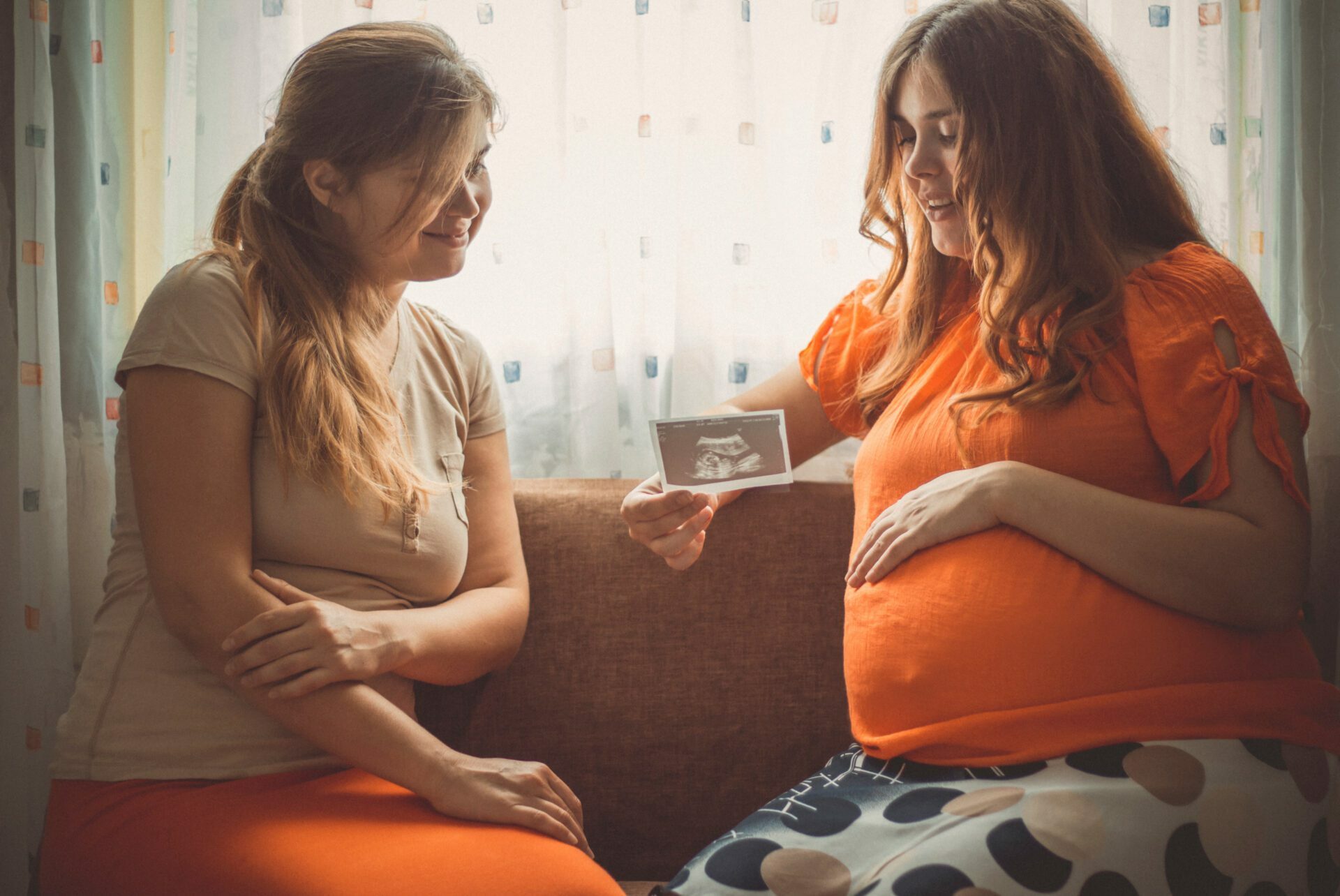When breastfeeding
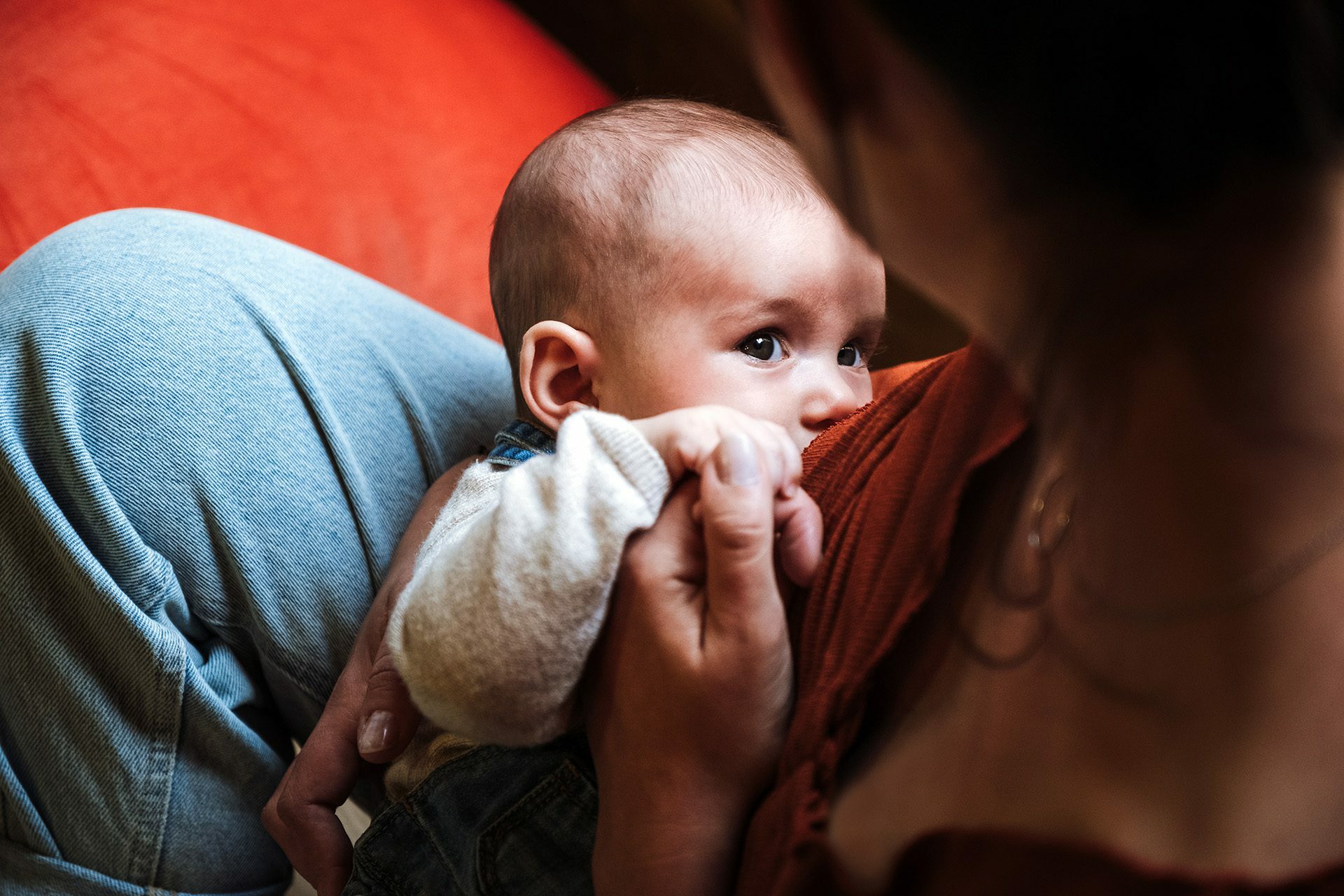
On this page:
When breastfeeding, not drinking alcohol is safest for the health of your baby.
We want to give our babies the best start in life – and to help them be well-fed, settled, and healthy. That’s why, when breastfeeding, it’s important to make sure the breastmilk your baby drinks is alcohol-free.
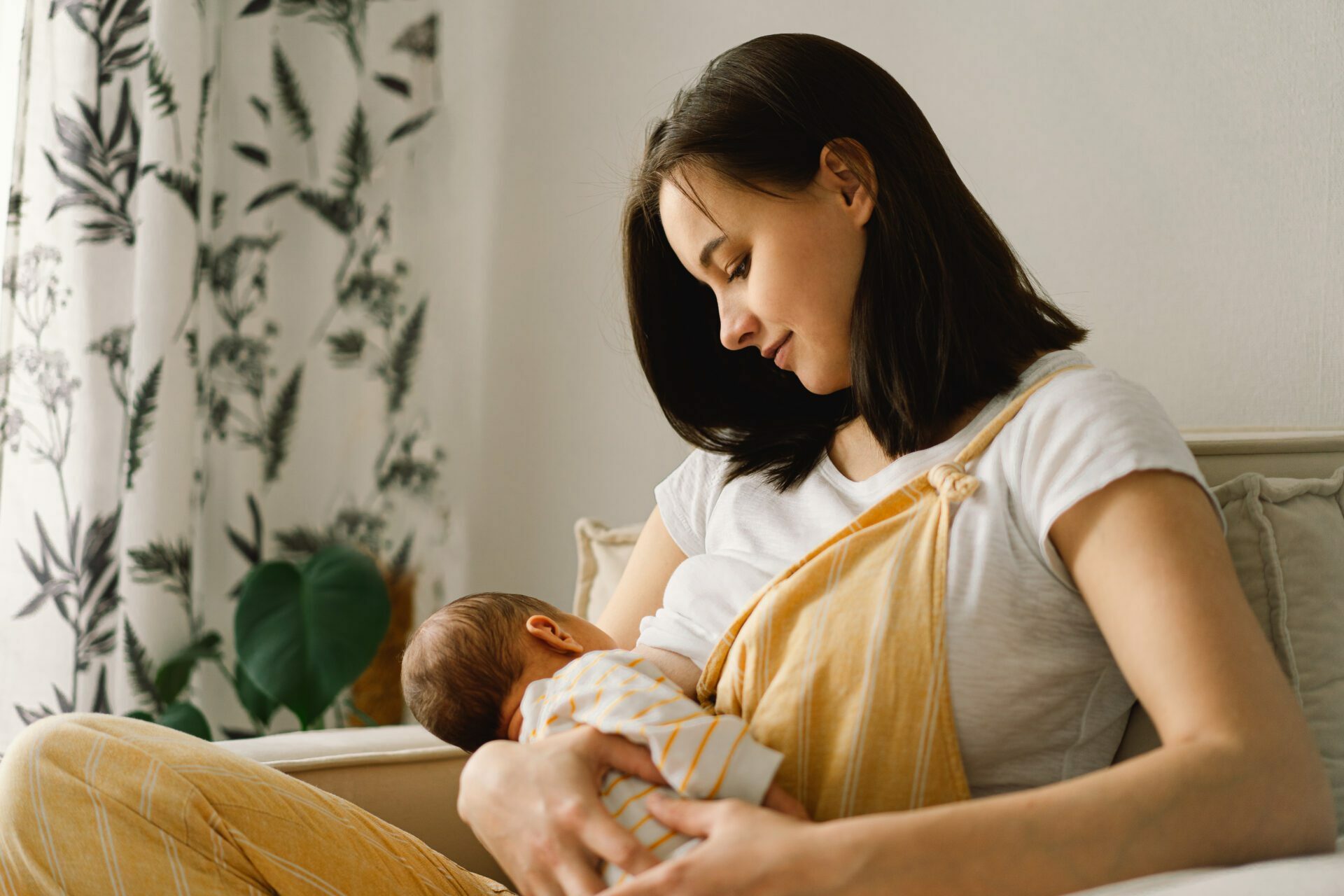
Information about alcohol and breastfeeding
If you drink alcohol, it enters your breastmilk from your blood. While there is alcohol in your blood, it is also in your breastmilk.
Even small amounts of alcohol can disrupt your baby’s sleep and make feeding more difficult due to reductions in milk supply and the flow of milk.
Infant brains, which continue to develop after birth, are more vulnerable to alcohol than adult brains. Exposure to alcohol through breastmilk has been linked to problems with infant growth, motor development, verbal IQ, and cognitive ability in early childhood.
Strategies if you drink alcohol while breastfeeding
It is important to avoid alcohol in the early weeks of breastfeeding to ensure your baby receives a good supply of milk and settles into a sleep-wake pattern.
Once breastfeeding is well established, you may continue to choose to remain alcohol-free for your baby’s health as their brain continues developing.
If you do drink alcohol, you can ensure your baby does not drink breastmilk containing alcohol by:
If you think alcohol will be in your breastmilk, you can express milk for comfort or to maintain supply, but this milk should be discarded and not fed to your baby.
It is also important that anyone who has consumed alcohol does not co-sleep with your baby, because of the increased risk of Sudden Infant Death Syndrome (SIDS) and suffocation.
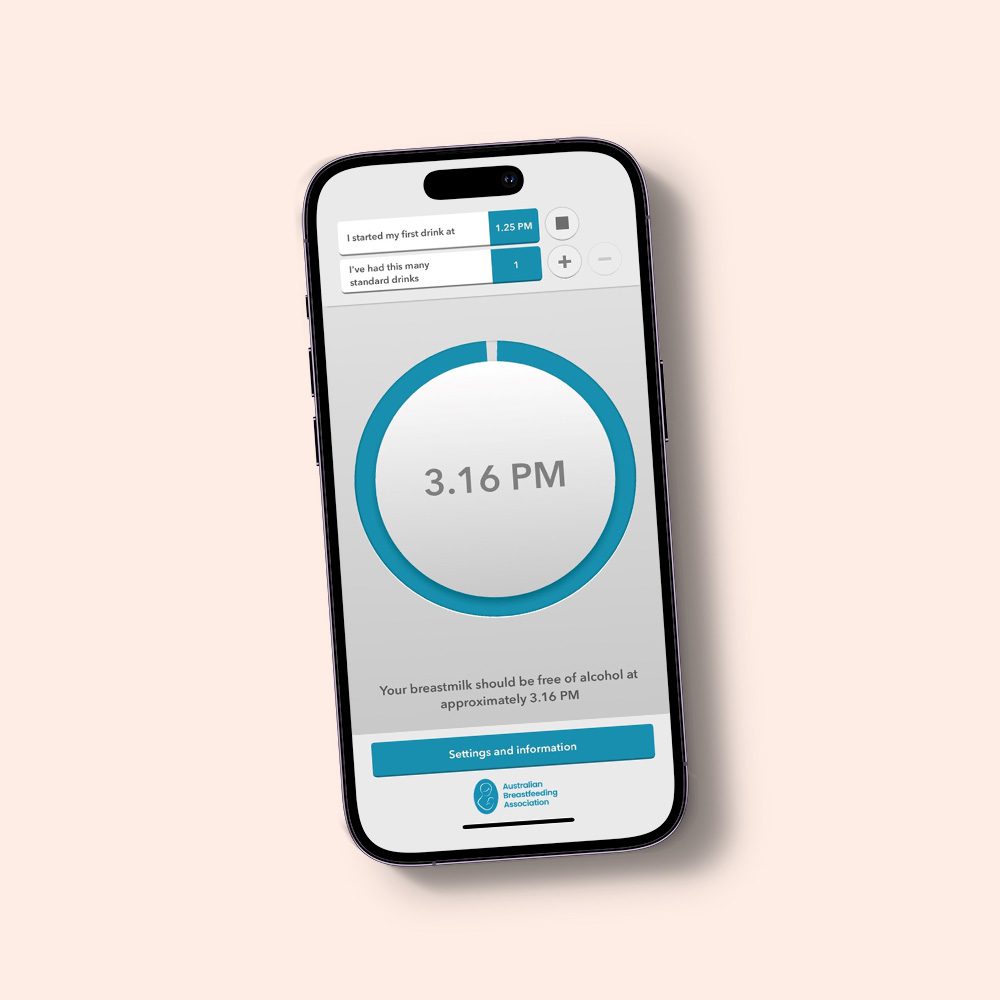
Feed Safe
The only way to eliminate alcohol from breastmilk is to wait for your body to process the alcohol. This takes up to two hours per standard drink.
Feed Safe is a free and easy to use tool to use. The app uses your height and weight to calculate when your milk is alcohol-free.
Did you know?
Support from partners, friends, and family
There are many ways your partner, friends or family can support your decision to have an alcohol-free pregnancy – including choosing to stop drinking alcohol too.
Sometimes it can be difficult to stop drinking alcohol
If it’s difficult for you to stop drinking alcohol, help is available. Speak to your doctor, midwife, a lactation consultant or the Australian Breastfeeding Association helpline. You can also speak with an alcohol support service or alcohol counsellor.

